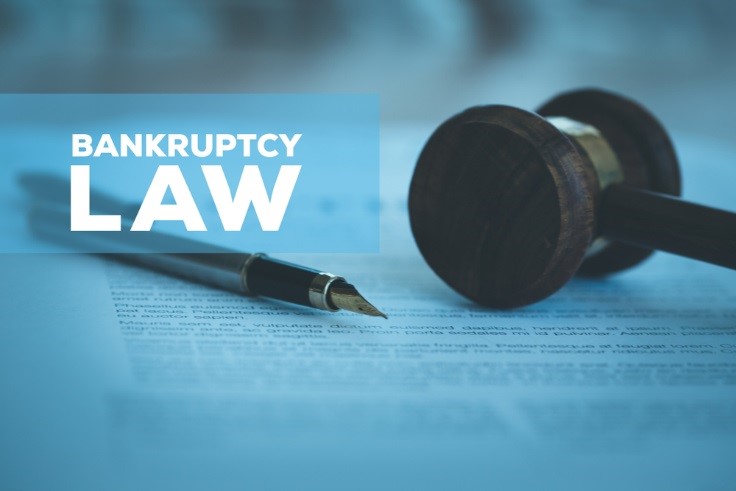When it comes to filing for bankruptcy, you always want to make sure to choose the right lawyer. When you file for bankruptcy, it can bring you a huge sense of relief, especially when you are under a debt. Once your case is over, you can get back to your everyday life, debt-free. Sometimes, it is a necessary solution to your problem and is a must that you fully understand the process. And we are here to walk you through it. The bankruptcy forms are daunting enough as they are. Read on and find the many ways an attorney can help!

Complete and Schedule Paperwork
When you begin the paperwork you will have to file pages of financial data. The data will cover debts, income, expenses, assets, and financial transactions. When you hire the right attorney, they will know exactly what you have to disclose and how to value your assets.
Accurate and Complete Testimony
When you file for bankruptcy, you are going to need to sign the paperwork and tell the court, under penalty of perjury, that the information you provided is correct to the best of your knowledge. Your attorney can be there with you through that process to ensure your testimony is complete.
Negotiate With Your Creditors
Throughout the Chapter 7 bankruptcy process, your attorney has the ability to negotiate your reaffirmation agreement and can help you to keep your home or car. If you are going through a Chapter 13 bankruptcy, then your attorney can negotiate on payment terms. Not only that, but they can also negotiate on the value of collateral and interest rates in order to offer you an affordable payment plan.
Peace of Mind
When you leave the case in the expert hands of the right attorney, you can experience a stress-free process knowing that everything is on track. An attorney can provide you with the information to proceed through the case and inform you of the status every step of the way.

All in all, choosing an attorney you can count on is a must. That’s where we can help. Here at Family Law Richard E. Young & Associates, we have years of hands-on experience and are here to get you through the confusing legal process of bankruptcy.








